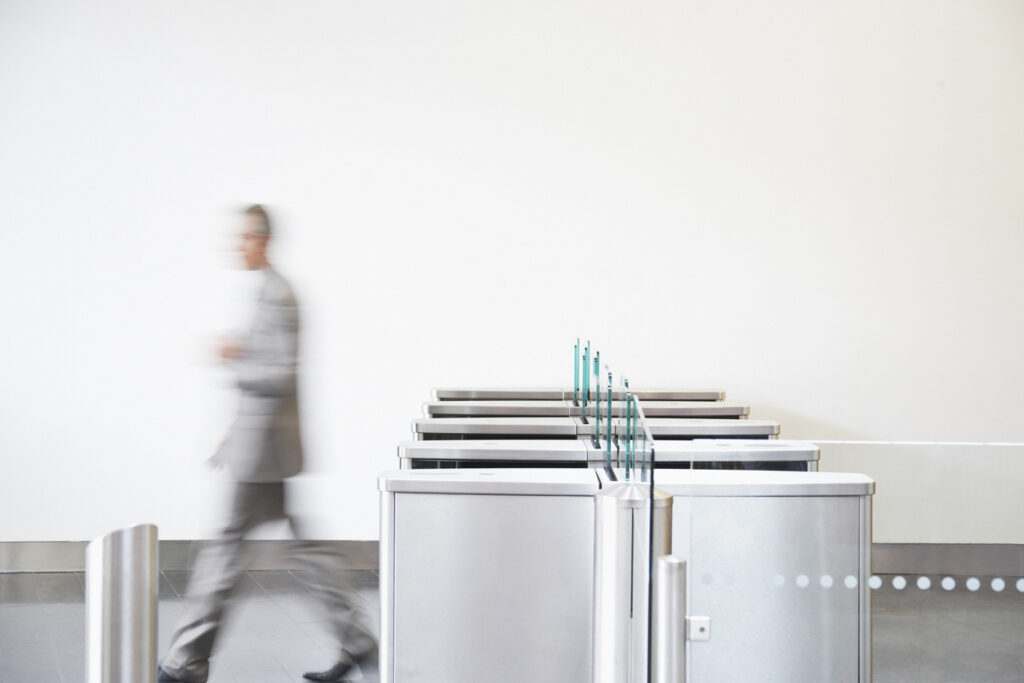Just when we thought the world of work was moving in a healthier direction towards wellness, inclusivity and hyper-personalization of the employee experience, there are renewed attempts to force us back to the dark reality of the past.
We’d hardly made it through January 2023 and Lord Alan Sugar was already making sweeping comments about people “exploiting the work from home trend” and saying that people should be in the office, or else work isn’t getting done.
This is simply not true. Global workforce data has shown time and again that the majority of employees surveyed in the US, the UK, Europe and Australia, prefer flexibility in where and how they work. Worldwide, employees are reporting lower stress levels, higher productivity and better work-life balance.
Managers are actually the ones crying for a return to pre-pandemic office-based work because most apparently find it difficult to manage hybrid teams.
Some fear a loss of workplace culture or reduced productivity, while others say that collaboration or customer service have suffered as a result of new ways of working.
Poor performance, bad attitudes or misconduct at work are nothing new.
Where is Alan Sugar’s misplaced beliefs coming from?
No matter the reasons being put forth by the likes of Lord Sugar, the truth is that this is all coming from a place of fear, ignorance and mistrust, including:
- A misplaced belief that employees need to be closely supervised to deliver on their objectives
- An outdated belief that ‘working classes’ are inherently ‘lazy’ or motivated solely by money
- Fear of losing control over output and delivery
- Fear of dwindling revenue and profits if customers are not satisfied with products or services
- Concerns over commercial real estate investments and devaluations of property assets as office buildings stand empty in cities around the world.
Poor performance, bad attitudes or misconduct at work are nothing new. We have always had these challenges and citing these as major concerns aren’t a good enough reason to revert to the dark ages.
It doesn’t have to be an all or nothing approach. There is a better way and we can start by simply having these three crucial conversations:
1. Defining success
Regardless of their role, seniority or where they work from, every individual employee needs to know and understand what the team’s goals and objectives are and what is expected of each of them.
What does good look like for your team, division or organisation? This should include not only the quantitative goals and targets that board members like to see, but should also include qualitative goals around interpersonal relationships, psychological safety, inclusivity and communication.
Have a quarterly meeting with your team and with individual members to connect to purpose and talk about objectives and key results for the next 90 days.
2. Finger on the pulse
Not being co-located or having team members who travel a lot, can present challenges for managers and perhaps contribute to feeling like nobody knows what is going on.
A daily stand-up meeting for the entire team is a great way to ensure everyone touches base and everyone knows what is happening. These meetings should not exceed 30 minutes and each team member or Workstream lead reports on three simple questions:
- What did you complete yesterday?
- What are you working on today?
- What challenges or potential obstacles are you facing?
If there are challenges to discuss or there are concerns about progress, these are solved separately, in a different forum.
Instead of asking ‘how do we get everyone back in the office?’ we should rather be asking ‘what aspects of our work specifically require in-person collaboration?’.
3. Check ins
Arguably these are the most valuable conversations to be had between a manager and an individual on their team. Check-ins are a great way to build rapport and improve communication, performance and employee retention.
These meet-ups could be anything from 15 to 60 minutes in duration and time is spent on three very specific agenda items:
- Personal catch up: Talking about life outside of work and anything that might impact or influence work in any way
- Workplace catch up: Talking about work in general and what the employee is finding particularly enjoyable or challenging at work. This is a great time to ask how you might best support your individual team members at work
- Goals and growth: An opportunity to discuss personal and professional goals or career aspirations and take steps necessary in achieving these.

Beyond conversations…
These three crucial conversations are a great place to start. But the work doesn’t end there. Most managers still don’t know how to give constructive feedback, express appreciation for a job well done or have potentially difficult conversations about conduct or performance.
Invest in some masterclasses or workshops that teach supervisors and managers how to have these conversations. They will be empowered to take action and be proactive in addressing concerns relating to work performance or behaviour at work. Productivity and general morale will also improve – regardless of where people are working from.
Stop asking the wrong question
Instead of asking ‘how do we get everyone back in the office?’ we should rather be asking ‘what aspects of our work specifically require in-person collaboration?’.
We should be critically assessing our processes and technology to ensure that we are enabling our people to deliver on their goals in a way that affords them flexibility and promotes diversity, inclusion and wellness.
Anything less is just spite – spiting our people but, ultimately, spiting ourselves as business leaders.












2 Responses
Sadly, Lord Sugar is out of
Sadly, Lord Sugar is out of touch with modern people who can’t afford the transport luxuries of the elite. He is so used to being in charge and wagging his boardroom finger that he might have forgotten that many of “us – the people” benefit all stakeholders from working at home. Apparently, His Lordship is used to the “as it was in the beginning” model, and he should be left alone. I bought an Amstrad for my granddaughter just after it hit the market. It served her purposes at the time – thankfully, computers have evolved. The lesson of the PRODUCT LIFE CYCLE might be valid for the respected innovator to learn.
It does indeed seem a rather
It does indeed seem a rather spiteful response. Perhaps all the criticisms of his Amstrad products have made him this way? That being said, there probably are some people who don’t work as efficently from home as they do from their normal workplace.